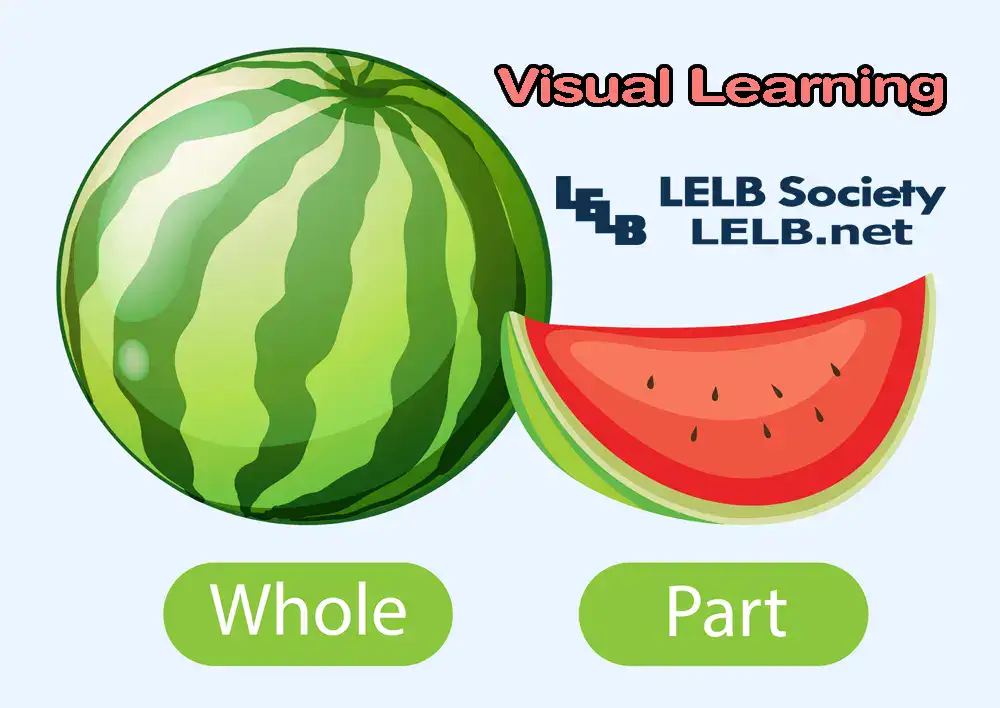Information Processing Theory
Information processing theory models typically propose three types of memory stores:
- Sensory Memory: It is capable of holding information only very briefly.
- Short-term Memory: A short-term memory includes working memory, where information is held for a short but sufficient period of time to enable processing to take place.
- Working Memory: Working memory is where the key processing of perception, attention and rehearsal take place and is of central importance in cognitive SLA. Working memory is limited in capacity (Robinson, 2003).
- Long-term Memory: It is where the products of processing in working memory are stored and where restricting of existing knowledge as a result of processing takes place. This corresponds to the ‘integration’ component of Gass’ model. Long-term memory is seen as unlimited in capacity and capable of holding information for long periods of time.
Information-processing models of learning tend to have three elements, two of which overlap with constructivist models: a first step in which through selective attention certain aspects of the environment are filtered for conscious processing; second, active mental engagement with the new input so as to make personal sense of it, using selectively recalled prior learning in the process; finally a structuring of the resultant learning in such a way that it can be stored usually in the long-term memory (Atkins, 1992).
Towards the end of the 20th century, a number of education psychologists proposed the information-processing theory, which was influenced by the ideas of both Piaget and Vygotsky.
Information-processing theory emphasized cognitive strategies, rather than structures.
This theory is mainly concerned with the way in which people take in information, process it and act upon it.
The three basic factors of attention, perception, and memory are of pivotal importance in information-processing theory.
Information-processing theorists construct models or scripts to try to account for the way in which the human mind works.
According to this theory, the brain processes information relating to perception, problem-solving and memory in the short-term memory, but stores it as abstractions in the long-term memory.
The processes are the same for all individuals but speed and efficiency vary from one learner to another
Cognitive development is the process of learning more and gaining helpful strategies to analyse, remember, and problem-solve.
The main implications for the classroom of the information-processing theory are that concrete examples and experiences are important in developing abstractions, and instruction is key to developing appropriate strategies.


